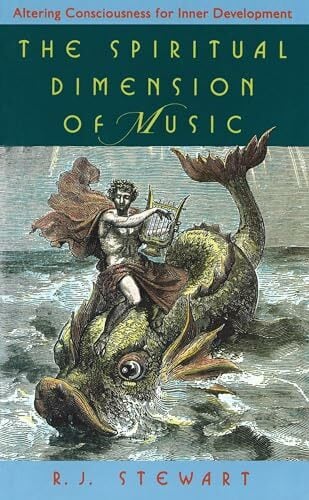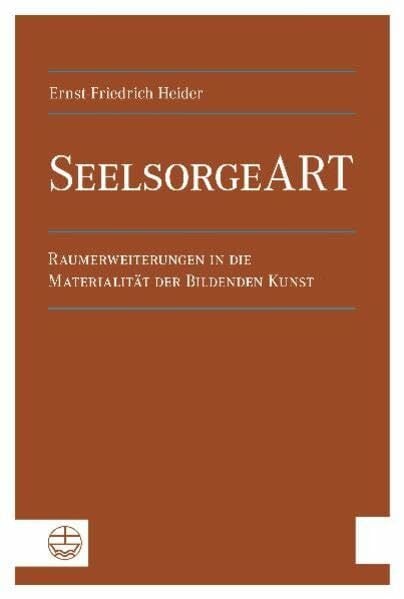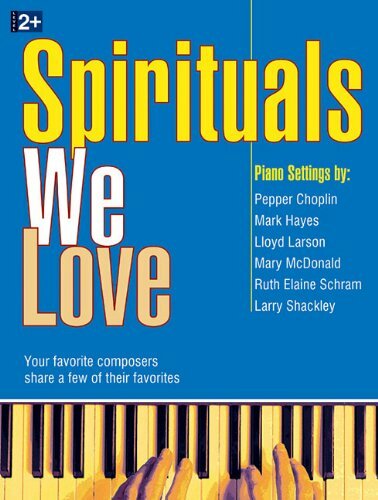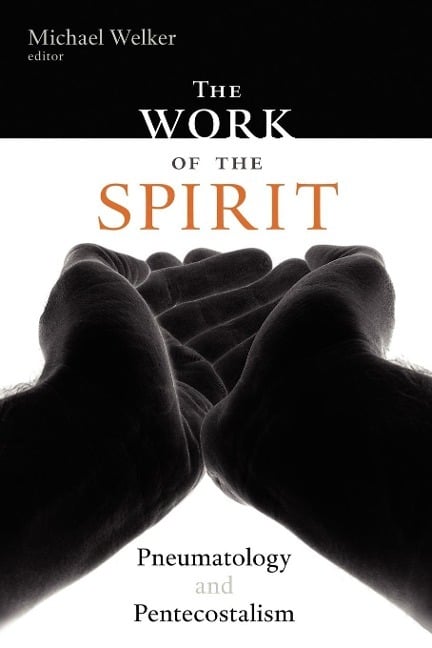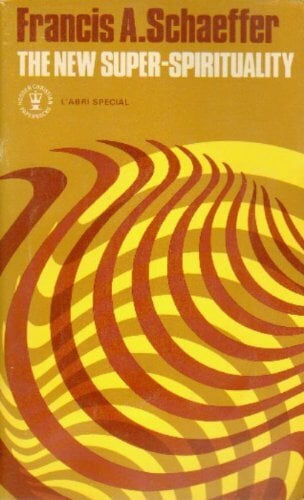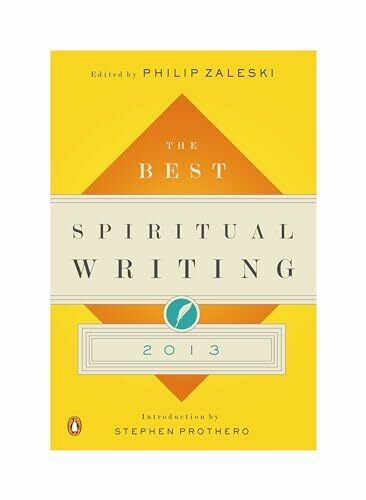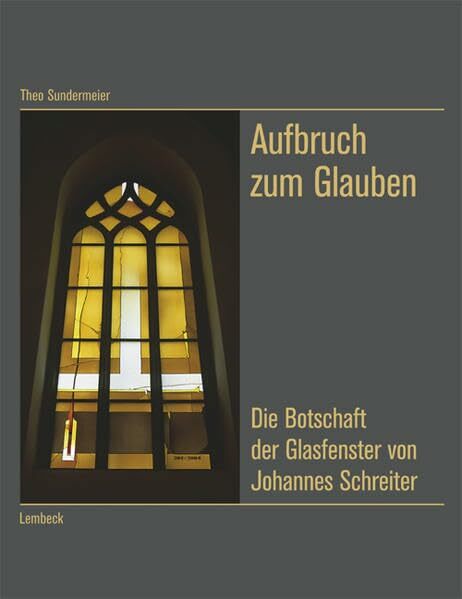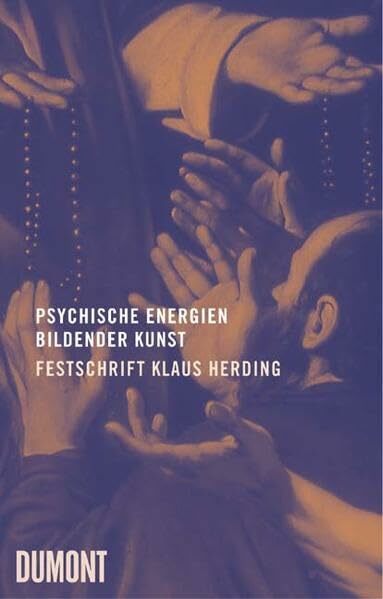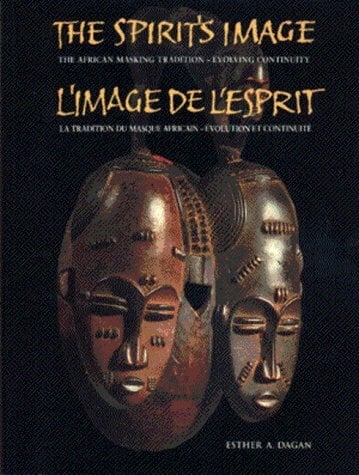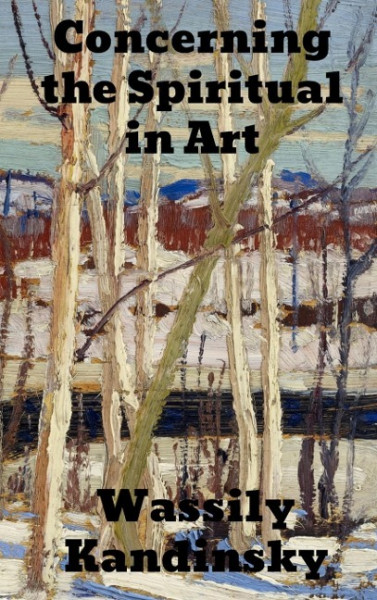
Concerning the Spiritual in Art
Kurzinformation
inkl. MwSt. Versandinformationen
Artikel zZt. nicht lieferbar
Artikel zZt. nicht lieferbar

Beschreibung
It is no common thing to find an artist who, even if he be willing to try, is capable of expressing his aims and ideals with any clearness and moderation. Some people will say that any such capacity is a flaw in the perfect artist, who should find his expression in line and colour, and leave the multitude to grope its way unaided towards comprehension. This attitude is a relic of the days when "l'art pour l'art" was the latest battle cry; when eccentricity of manner and irregularity of life were more important than any talent to the would-be artist; when every one except oneself was bourgeois.The last few years have in some measure removed this absurdity, by destroying the old convention that it was middle-class to be sane, and that between the artist and the outer-world yawned a gulf which few could cross. Modern artists are beginning to realize their social duties. They are the spiritual teachers of the world, and for their teaching to have weight, it must be comprehensible. Any attempt, therefore, to bring artist and public into sympathy, to enable the latter to understand the ideals of the former, should be thoroughly welcome; and such an attempt is this book of Kandinsky's.The author is one of the leaders of the new art movement in Munich. The group of which he is a member includes painters, poets, musicians, dramatists, critics, all working to the same end--the expression of the SOUL of nature and humanity, or, as Kandinsky terms it, the INNERER KLANG. von Kandinsky, Wassily
Produktdetails

So garantieren wir Dir zu jeder Zeit Premiumqualität.
Über den Autor
Wassily Wassilyevich Kandinsky (16 December [O.S. 4 December] 1866 - 13 December 1944) was a Russian painter and art theorist. Kandinsky is generally credited as the pioneer of abstract art.[1] Born in Moscow, Kandinsky spent his childhood in Odessa (today Ukraine), where he graduated at Grekov Odessa Art school. He enrolled at the University of Moscow, studying law and economics. Successful in his profession-he was offered a professorship (chair of Roman Law) at the University of Dorpat (today Tartu, Estonia)-Kandinsky began painting studies (life-drawing, sketching and anatomy) at the age of 30.In 1896, Kandinsky settled in Munich, studying first at Anton Azbe's private school and then at the Academy of Fine Arts. He returned to Moscow in 1914, after the outbreak of World War I. Following the Russian Revolution, Kandinsky "became an insider in the cultural administration of Anatoly Lunacharsky"[2] and helped establish the Museum of the Culture of Painting.[3] However, by then "his spiritual outlook... was foreign to the argumentative materialism of Soviet society",[4] and opportunities beckoned in Germany, to which he returned in 1920. There he taught at the Bauhaus school of art and architecture from 1922 until the Nazis closed it in 1933. He then moved to France, where he lived for the rest of his life, becoming a French citizen in 1939 and producing some of his most prominent art. He died in Neuilly-sur-Seine in 1944.Kandinsky was born in Moscow, the son of Lidia Ticheeva and Vasily Silvestrovich Kandinsky, a tea merchant.[5][6] One of his great grandmothers was a Princess Gantimurova, probably explaining the "slight Mongolian trait in his features".[7] Kandinsky learned from a variety of sources while in Moscow. He studied many fields while in school, including law and economics. Later in life, he would recall being fascinated and stimulated by colour as a child. His fascination with colour symbolism and psychology continued as he grew. In 1889, he was part of an ethnographic research group which travelled to the Vologda region north of Moscow. In Looks on the Past, he relates that the houses and churches were decorated with such shimmering colours that upon entering them, he felt that he was moving into a painting. This experience, and his study of the region's folk art (particularly the use of bright colours on a dark background), was reflected in much of his early work. A few years later he first likened painting to composing music in the manner for which he would become noted, writing, "Colour is the keyboard, the eyes are the hammers, the soul is the piano with many strings. The artist is the hand which plays, touching one key or another, to cause vibrations in the soul".[8] Kandinsky was also the uncle of Russian-French philosopher Alexandre Kojève (1902-1968).

- paperback
- 248 Seiten
- Erschienen 2013
- Verlag Herder
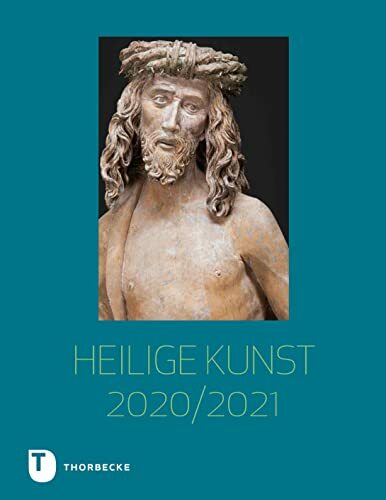
- paperback
- 428 Seiten
- Erschienen 2023
- Jan Thorbecke Verlag

- paperback
- 192 Seiten
- Erschienen 1992
- HarperOne

- Kartoniert
- 217 Seiten
- Erschienen 2023
- W. Kohlhammer GmbH

- hardcover
- 266 Seiten
- Erschienen 2010
- Echter













